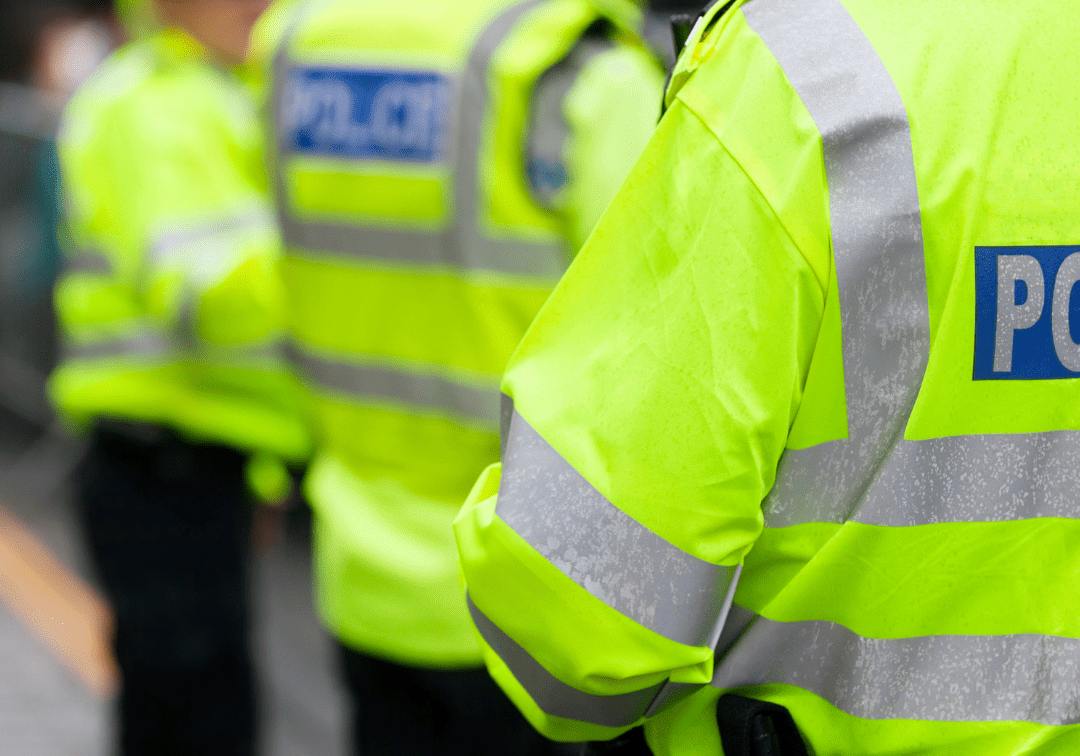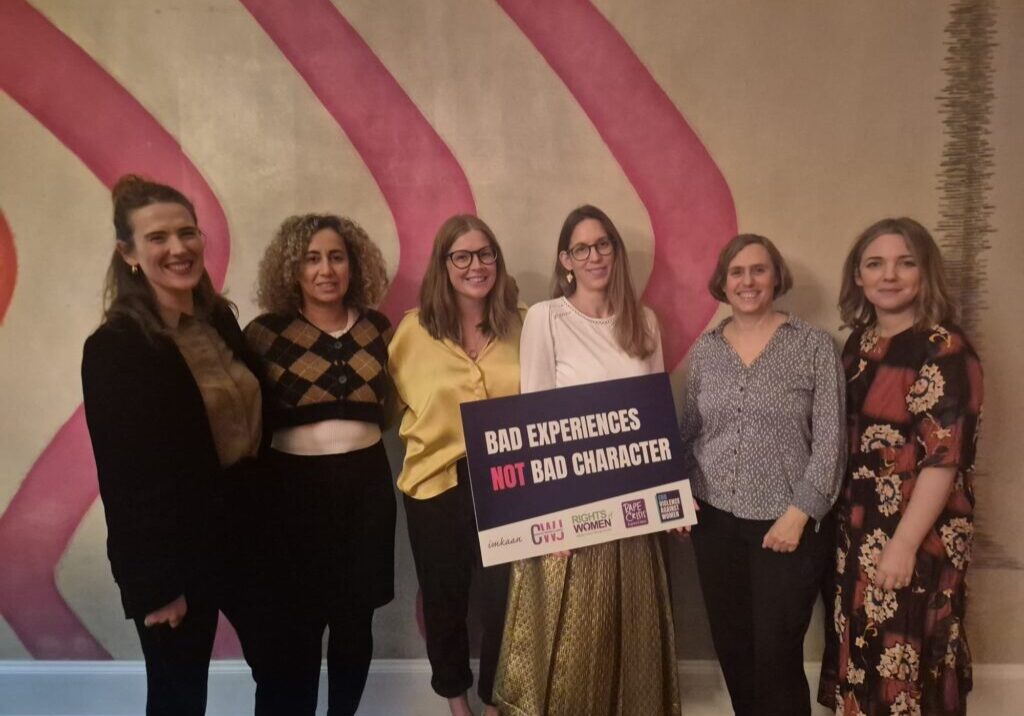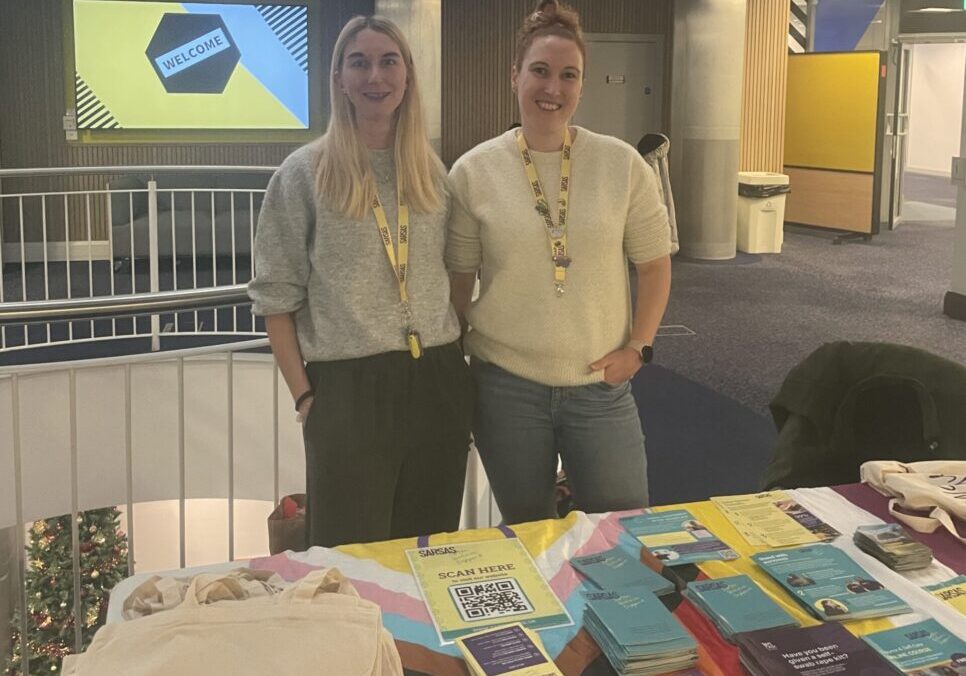
SARSAS Response to the PEEL (Police Efficiency, Effectiveness and Legitimacy) Report
Here we look through and respond to some of the main findings and recommendations of the report.
The publication of the PEEL (Police Efficiency, Effectiveness and Legitimacy) – conduct by HM Inspectorate of Constabulary and Fire and Rescue Services – which assessed and graded the constabulary’s police service concluded it is:
- Outstanding – in engaging and treating the public with fairness and respect;
- Requiring improvement – in responding to the public, investigating crime, managing offenders and crime recording.
Engaging and treating the public with fairness and respect
It is good that the constabulary has been focusing on engaging with and treating the public with fairness and respect through providing training to their staff to address unfair behaviour, stereotyping, identification and management of hate crime, but we would like to see them also engaging with training that focuses on misogyny and myths about sexual violence.
In a time where we are seeing reports of mishandled cases of police abuse and inappropriate relationships with victims and witnesses, it is important that work is done specifically to identify gender based violence and to build trust with women and girls.
We know that Operation Bluestone are a good example of ‘victim-led’ policing that centres investigations around perpetrators actions, but this good practice must be extended to the whole of the force.
Evidence-led prosecution
The report suggests that the force should be taking forward prosecutions after a victim-survivor has decided to no longer pursue the case.
It is important to explore and understand why people are choosing not to pursue a case in the first place and to ensure they are being supported through the case.
Even more important to note is that even if someone is not named as a witness in the case and it is taken forward without them that the fallout from the process may still be the same for them. They may still be known as the person who made the initial report so could be unsafe and will need the same level of support and protection.
The constabulary needs to improve its recording of crimes which involve vulnerable victims
We would like to see the police in our area and across the country focusing on training and support provided by specialists for their teams to improve the reporting process for vulnerable adults.
In our work we know that vulnerable adults are more likely to experience sexual violence but even less likely to get a positive outcome if they report. These are also the groups of adults who are at most risk of repeat offending
Mental health crisis
There is a mental health crisis, this is something we also see this in our work and we want to be a part of the conversation but recognise that the police are not always the best place service to provide a response in these situations.
Managing offenders and suspects
The most worrying aspect of the report was the number of registered offenders not being monitored and a lack of robust reactions to people accessing images of child abuse. These pose a real risk to the public’s safety.
Looking specifically at people accessing images of child abuse, even those these are non-contact offences at the point of accessing them online there are real children being harmed in the making of these images. Allowing suspected perpetrators to voluntarily hand themselves in is not a robust enough response to a very serious crime.
We feel the report shows that there is positive work and change happening at the Avon and Somerset constabulary, but this is part of a nationwide picture that flags up the need for an increase national commitment to responding to gender based violence.
Ultimately, we have a greater understanding of what sexual violence is and that we deserve justice and support, than ever before. This is why reports to the police and requests for support continue to rise year on year.
We need to see a matched commitment to providing justice and support. That means upskilling and resourcing forces, getting successful convictions, and funding specialist support services across the country.





